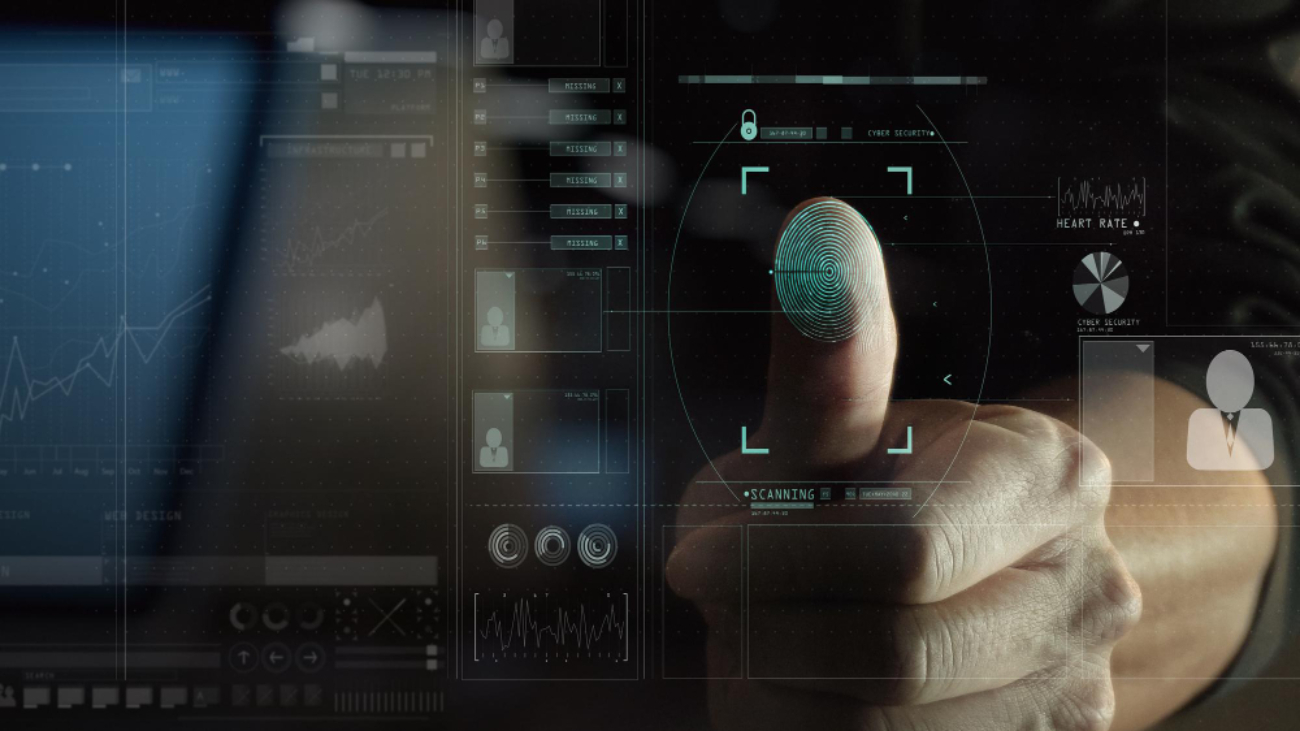Wearable biometrics is becoming an increasingly important technology that can significantly impact our health and wellness stated Bahaa Abdul Hadi. With advances in artificial intelligence (AI) and machine learning, wearable biometric analysis has the potential to revolutionize how we monitor our fitness levels, vitals, sleep patterns, activity levels and more.
- By leveraging the power of AI and machine learning with wearables data collected from numerous sensors coupled with sophisticated algorithms.
- It’s now possible to gain unprecedented insights into your own physical definitions and better understand your environment–without having to leave the comfort of home or office.
- In this blog post, we’ll explore how AI & machine learning are informing cutting-edge advancements in the world of biometrics analysis.
- That starts from predictive analytics capabilities that can warn you before getting sick to deep-dive understanding into personal physiological parameters. So you can take control of your physical well-being today!
The integration of AI and ML for analyzing wearable biometric data allows for the development of more powerful predictive models. This can be used to make personalized healthcare recommendations and improve overall patient outcomes.
- With AI and ML, wearable devices can accurately detect changes in a person’s health status over time by analyzing data from wearables such as heart rate monitors, glucose monitors, and activity trackers.
- AI and ML can detect patterns in the data that may indicate a potential medical issue or disease, helping inform clinicians on the best course of action for treating their patients.
- In addition to improved healthcare outcomes, AI and ML-based wearable biometrics analysis can also be used for personalized fitness tracking and wellness management.
- By continuously analyzing data from wearables, AI and ML can help people track their fitness goals, better understand how they are progressing over time, and make recommendations to improve performance.
The integration of AI and ML technologies in wearable biometrics analysis has the potential to revolutionize healthcare delivery by providing more accurate insights into a person’s health status. And allowing clinicians to make more informed decisions.
- Furthermore, it can help people better understand their health and wellness.
- This enables enabling them to make more informed decisions about their lifestyle choices.
- As AI and ML capabilities continue to improve, the potential for wearable biometrics analysis is only just beginning to be explored.
The world of healthcare is rapidly changing with the introduction of new technologies such as AI and ML. As the use of wearables increases, so too does the need for better data analysis capabilities to make sense of all the information being generated.
- Wearable biometrics analysis is just one example of how AI and ML can be utilized in healthcare to provide more accurate insights into a person’s health status. And enable clinicians to make more informed decisions about patient care.
- With continued research and development, the possibilities for AI and ML in healthcare are endless.
- It is important to note that while AI and ML have great potential in healthcare, it is also important to consider the ethical implications of using such technologies.
It is essential to ensure proper data security protocols are in place to protect patient privacy and that any recommendations made by AI or ML algorithms are backed up by evidence-based research.
- As AI and ML capabilities continue to evolve, it is important to ensure that ethical considerations are taken into account in order to maximize the potential of these technologies for improving healthcare delivery.
The use of AI and ML in wearable biometrics analysis is a rapidly growing field that has the potential to revolutionize healthcare delivery. By leveraging these powerful technologies, clinicians can gain more accurate insights into patient health status in order to make more informed decisions about care.
Thank you for your interest in Bahaa Abdul Hadi blogs. For more information, please visit www.bahaaabdulhadi.com







